A Holter Monitor is a tiny, transportable gadget that continually records your heart rhythm for 24-48 hours while you’re engaged in typical activities. Although Holter monitors are essential for identifying various cardiac problems, people have a lot of misconceptions about them. But they should know the truths behind the myths about the Holter monitor. North Queensland Cardiac Clinic, a renowned cardiac diagnostic clinic in Pimlico, Australia, is here to debunk some myths about this test. Before diving into the detailed discussion, if you want an accurate and safe Holter Monitor Test AU, head to our clinic today.
At NQCC, we have expert cardiologists, Dr Dharmesh Anand and Dr Raibhan Yadav and other professionals who can conduct accurate and safe cardiac diagnostic tests. Contact us for the best quality Holter Monitor Test In Pimlico. You do not need to worry about the Holter Monitor Cost In Pimlico with us.
Let’s dive into the discussion now:-
- Holter Monitors are Uncomfortable to Wear
- These Tests are Only for Severe Heart Conditions
- It is Complicated to Use Holter Monitors
- Patients Must Stay Still for Accurate Readings
- Holter Monitors Only Record Heart Rate
- These Tests are Only for Elderly Patients
- These devices are Obsolete with Advancements in Cardiac Testing
1. Holter Monitors are Uncomfortable to Wear:
The patient’s comfort is a priority in the design of modern Holter monitors. They are easy to wear without causing discomfort or interfering with daily activities because they are lightweight and small.
2. These Tests are Only for Severe Heart Conditions:
Although major cardiac problems are treated using a Holter monitor, other diseases like arrhythmias, palpitations, and episodes of lightheadedness or fainting are also observed.
3. It is Complicated to Use Holter Monitors:
Holter monitors use sophisticated technology, but patients and healthcare professionals may easily use them. Professionals are well-trained in using the monitor, and patients receive clear instructions on how to wear and utilize it. Reach out to the professionals at NQCC for the best Holter Monitor Test In Pimlico.
4. Patients Must Stay Still for Accurate Readings:
The purpose of a Holter monitor is to capture cardiac activity throughout different activities like walking, light exercise, and even sleep. The movement has little impact on how accurate the measurements are.
5. Holter Monitors Only Record Heart Rate:
Holter monitors are capable of much more than merely capturing heart rate. They record a wide variety of information, including cardiac rhythm, anomalies, and abnormalities in the heart’s electrical activity.
6. These Tests are Only for Elderly Patients:
Although Holter monitors may benefit elderly patients, they are not just for that demographic. For the diagnosis and follow-up of cardiac disorders in people of all ages, including kids, teens, and adults, Holter monitors are an invaluable tool.
7. These Devices are Obsolete with Advancements in Cardiac Testing:
While cardiac diagnostics have advanced, Holter monitors remain a tried and tested tool for obtaining detailed heart rhythm and activity data. For example, newer patch monitors may be smaller and wireless, but can only record episodically for set periods versus continuously like a Holter. For a non-invasive, extended snapshot of the heart’s electrical activity across all daily routines, Holter monitors are still the gold standard test.
Closing Words
Any person receiving cardiac monitoring must know the truth regarding Holter monitors. If your doctor recommends one, one must believe in the value of a Holter Monitor as a cardiac diagnostic tool. By dispelling these beliefs, we hope to encourage people to approach Holter monitoring with assurance and a greater understanding of its significance in cardiac care. Always talk to your healthcare provider for any concerns or questions about the operation. Don’t forget to contact North Queensland Cardiac Clinic in Pimlico, Australia, if you seek Holter Monitor Test AU.

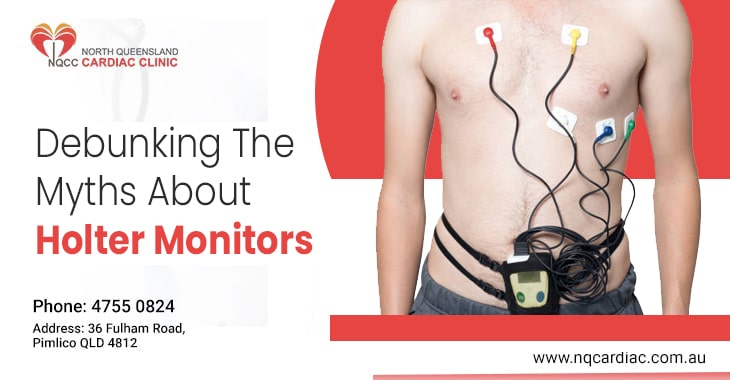
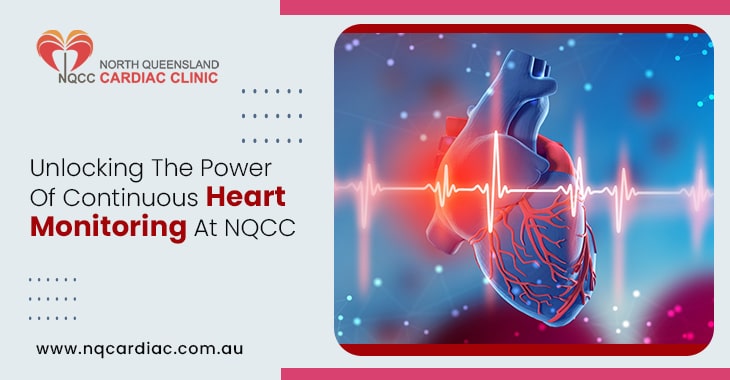
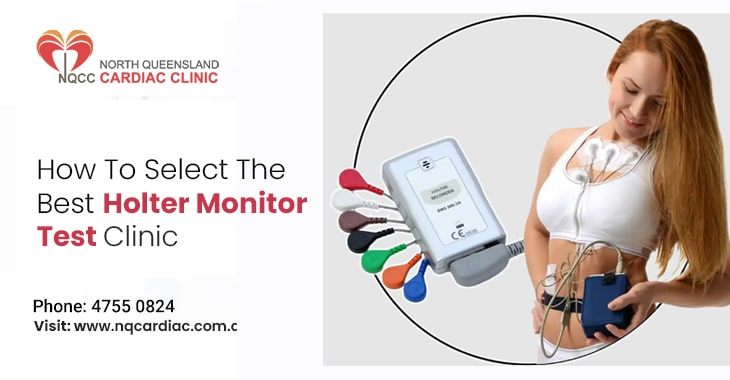

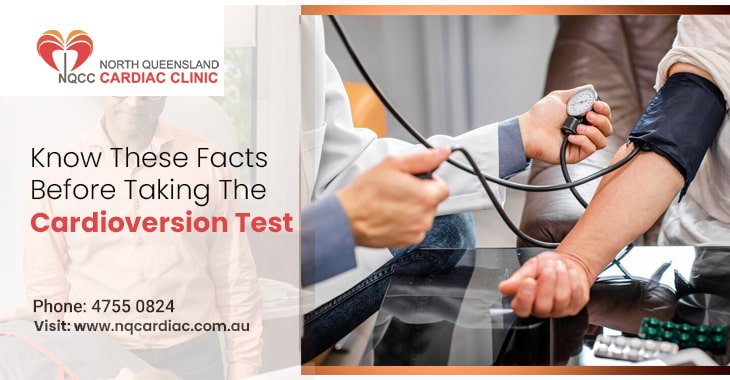
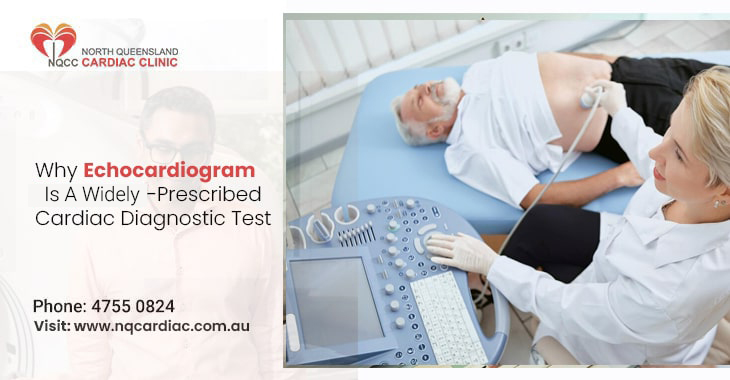
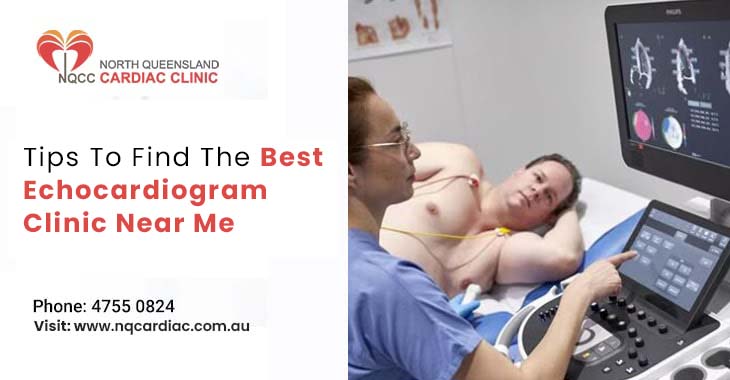
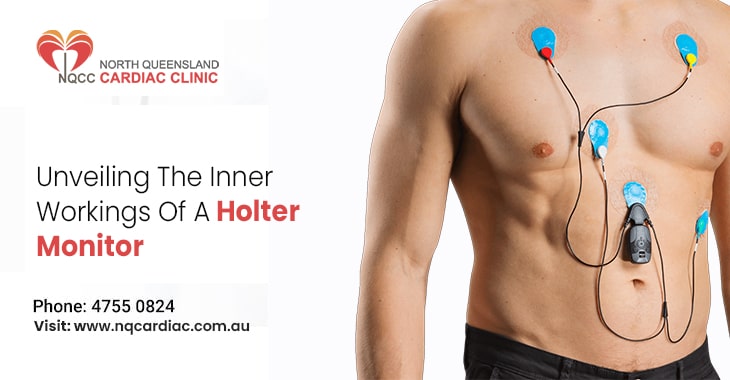
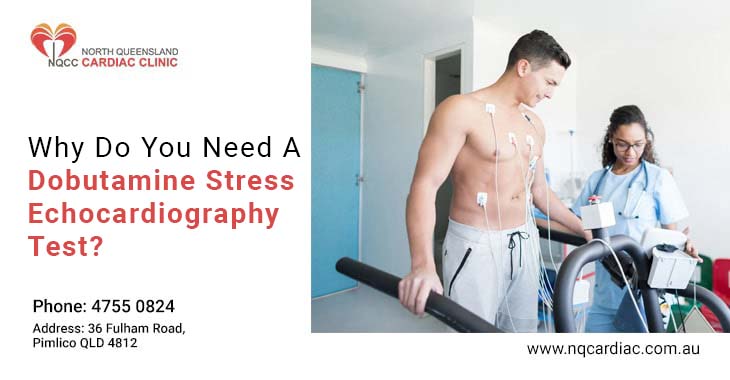
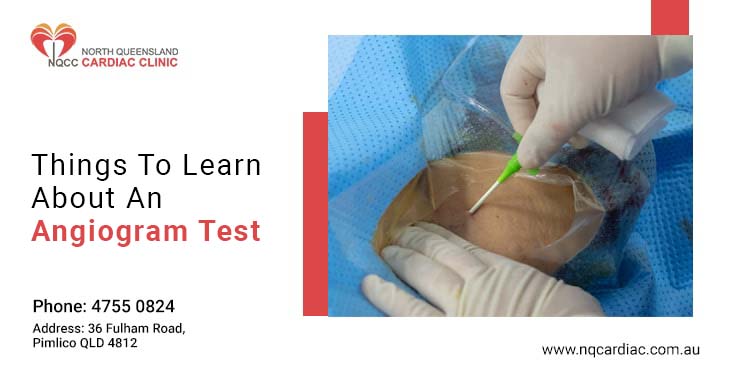
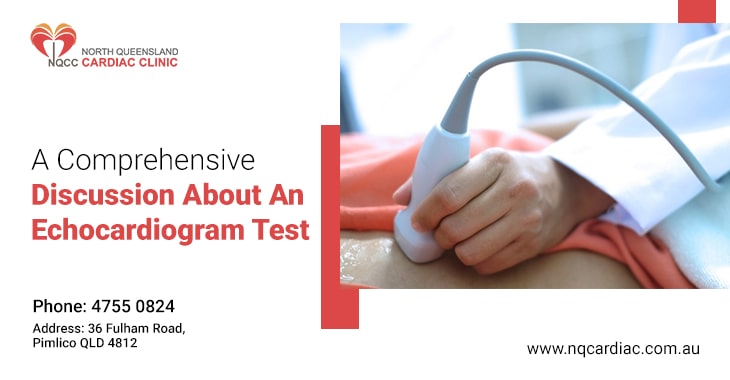
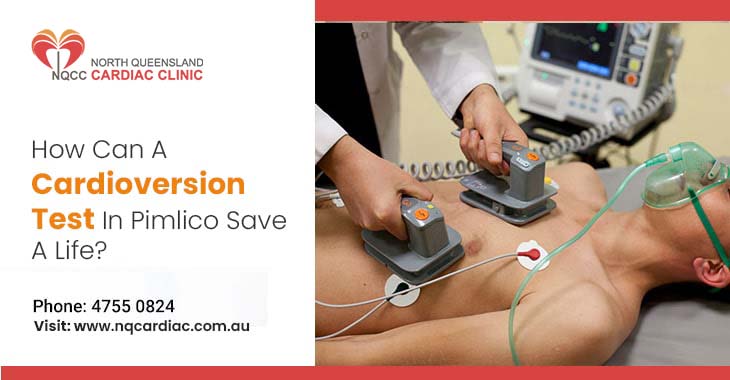
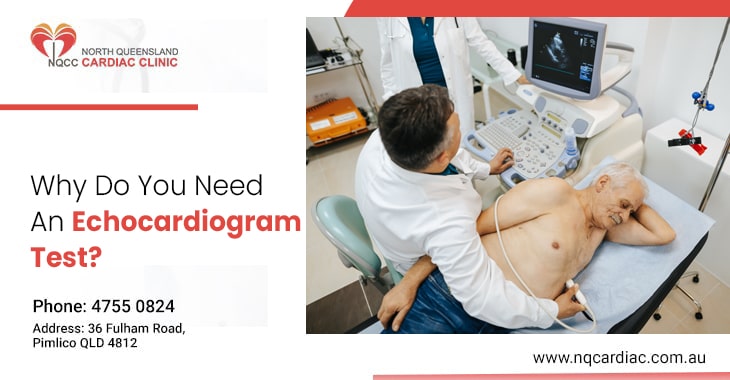
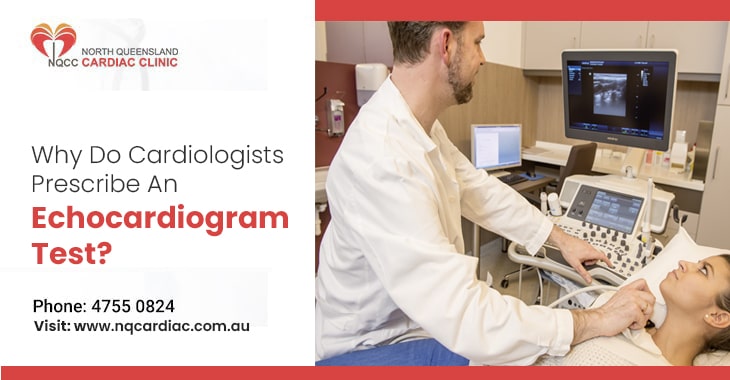
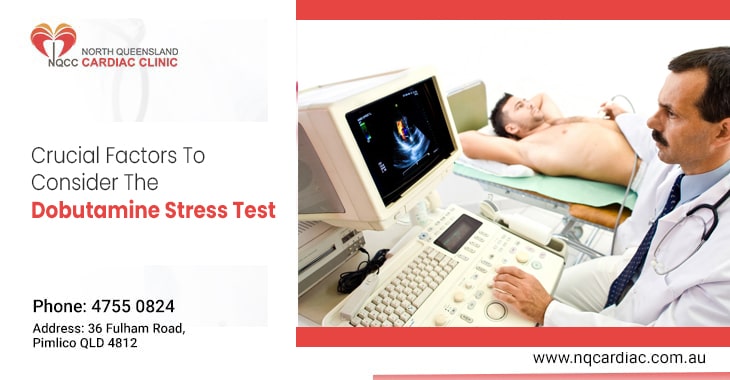
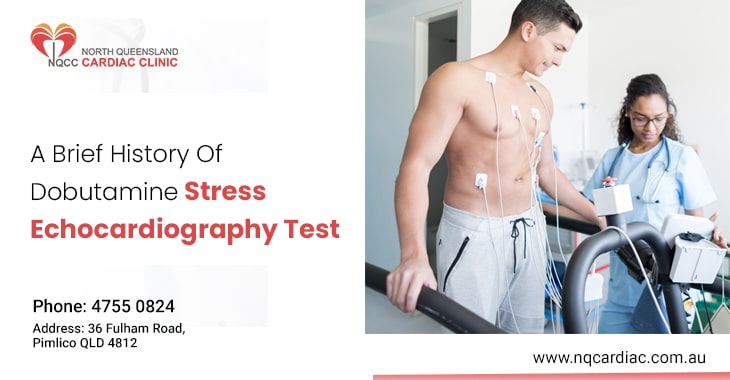
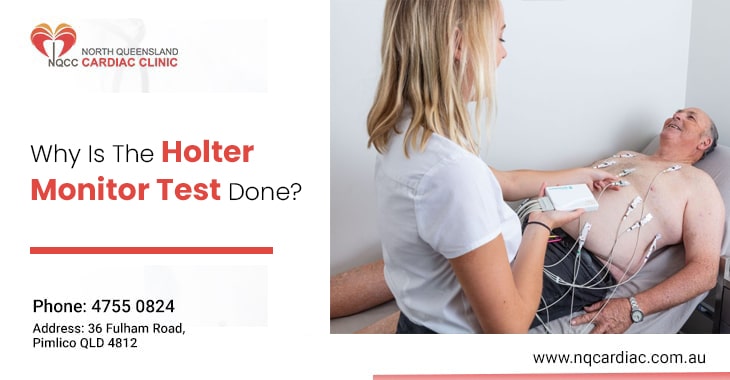
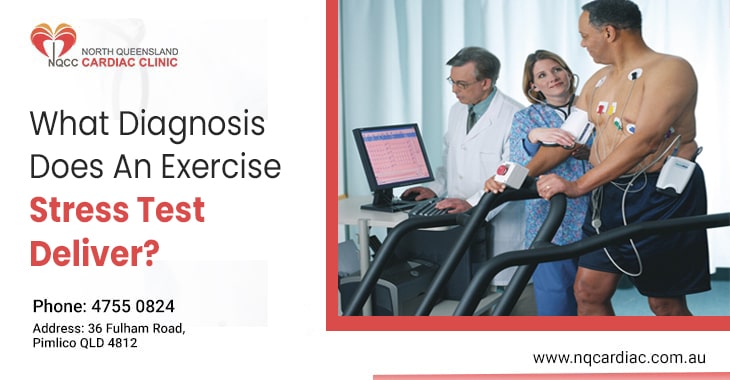
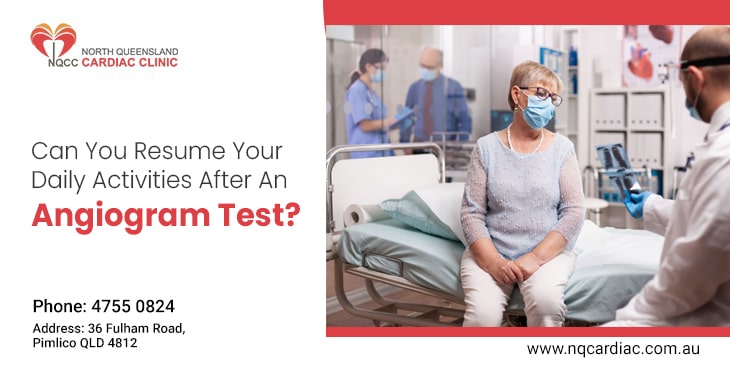
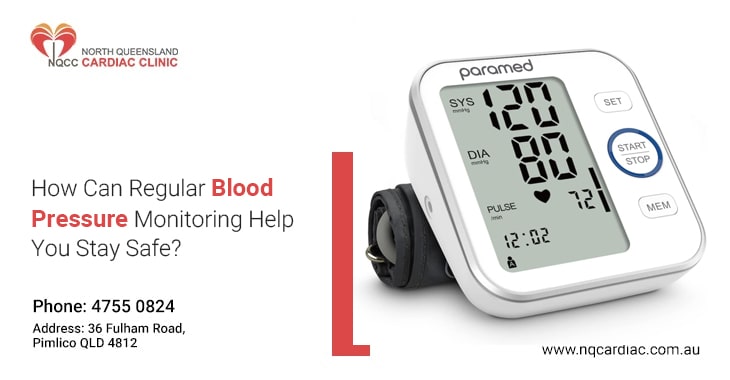
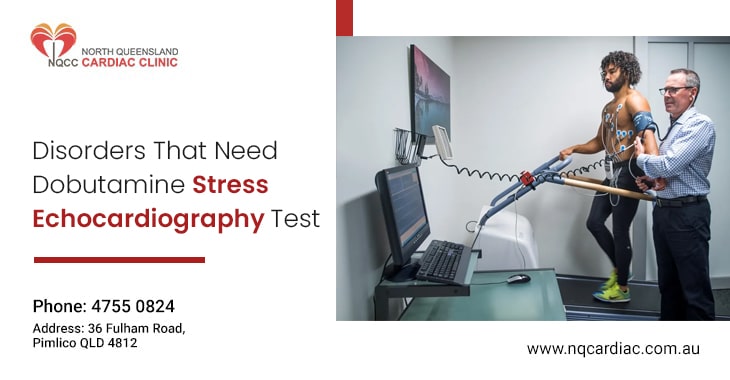
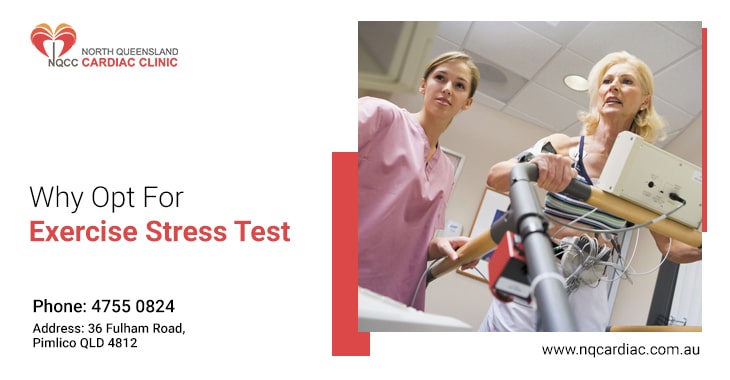
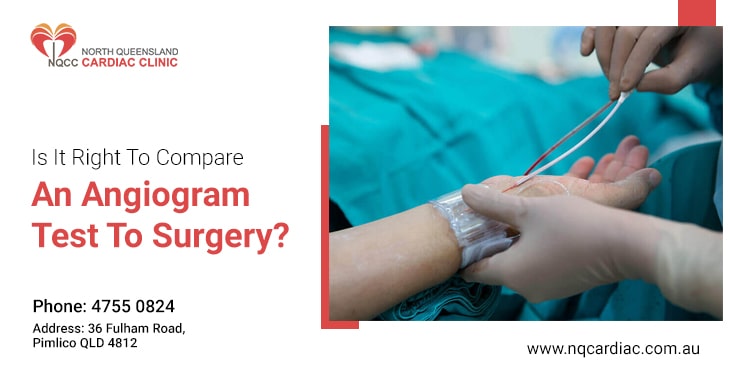
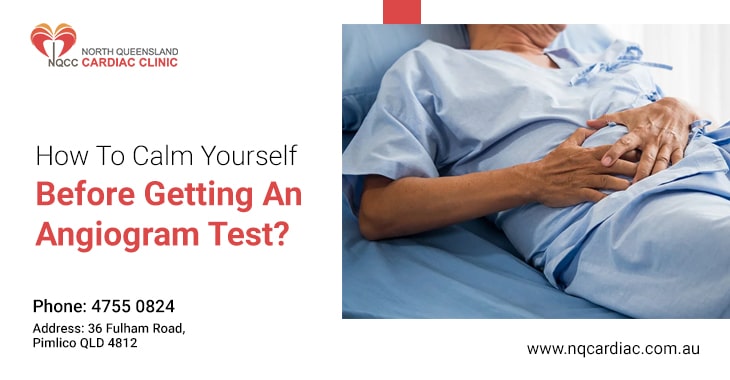
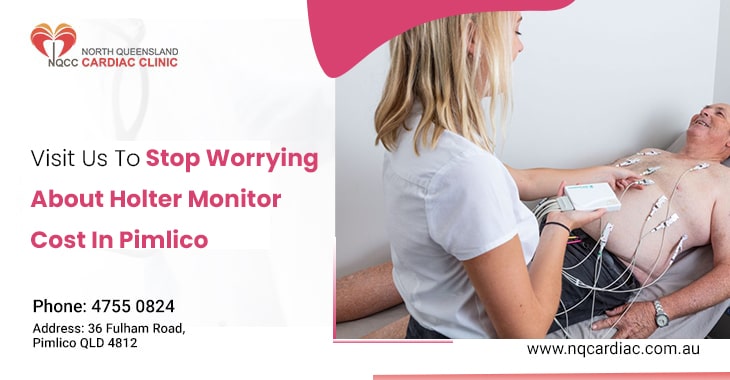
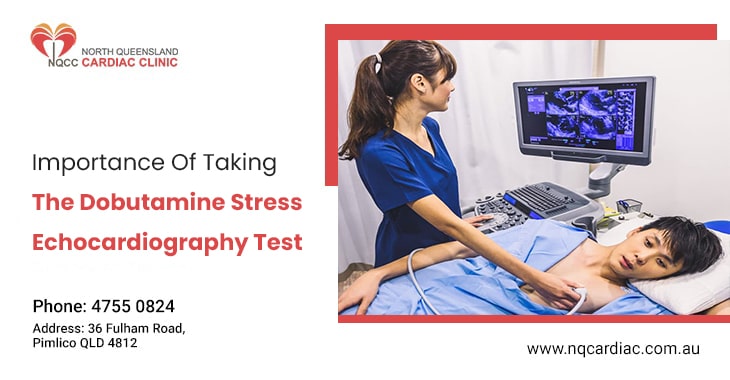
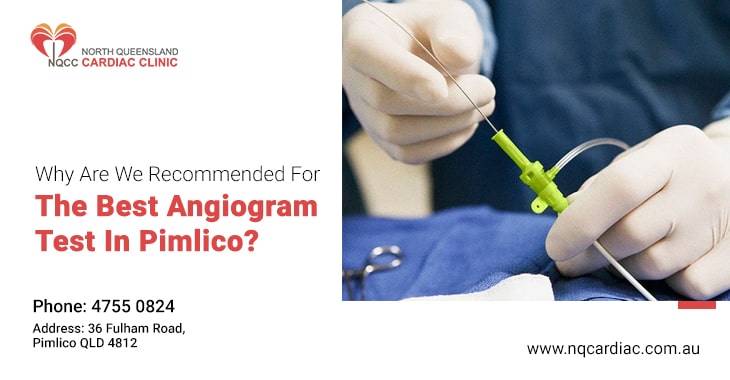

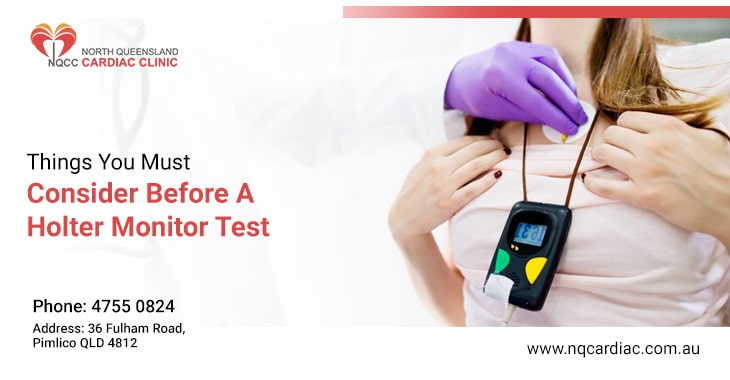
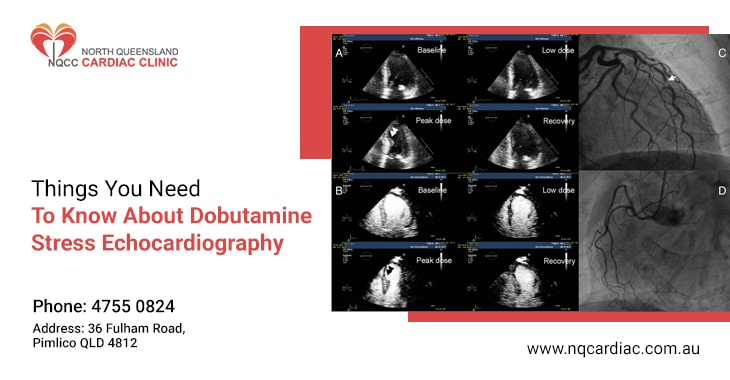
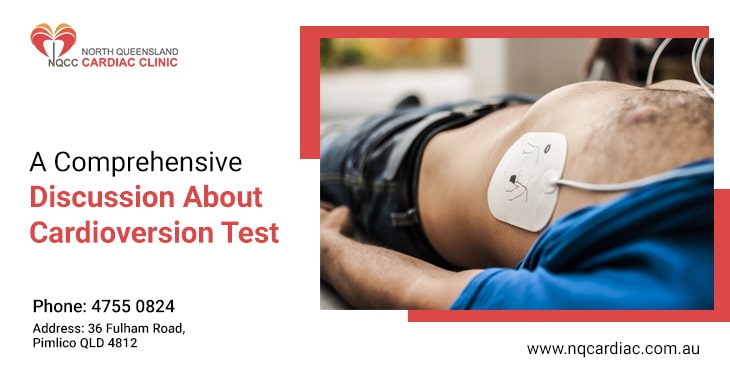
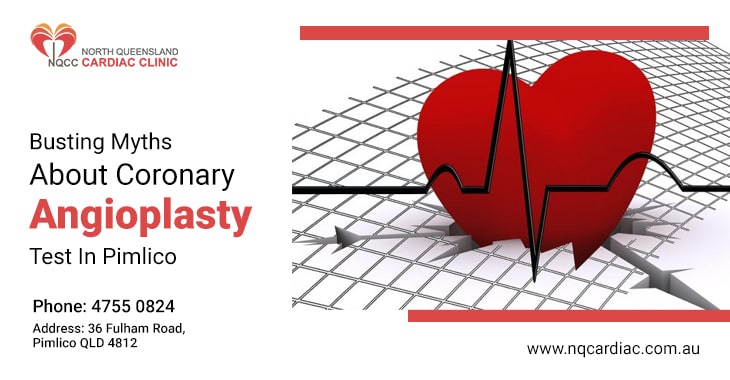
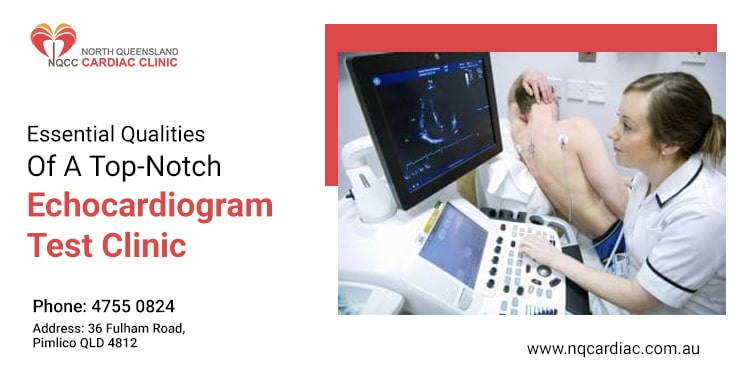
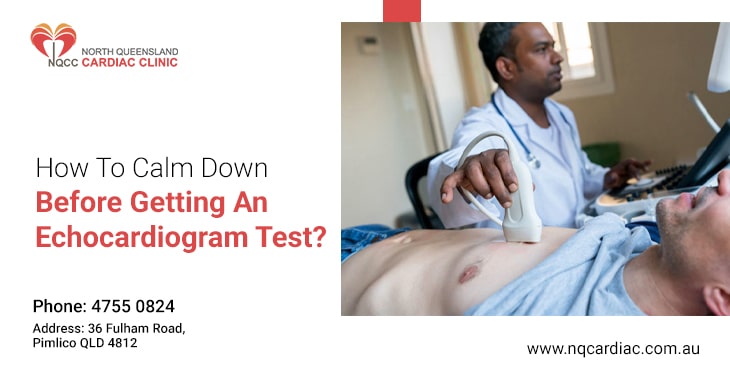
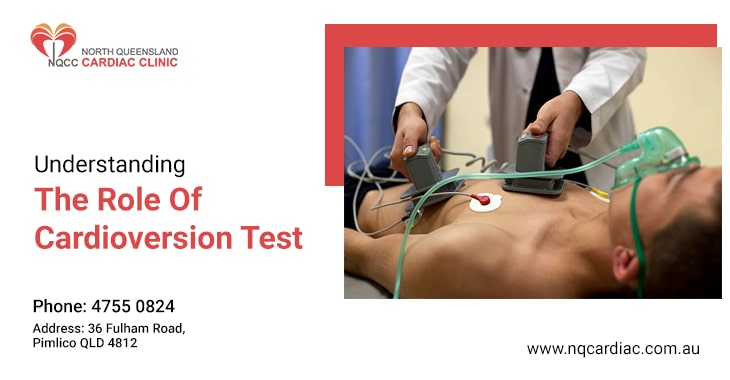
Recent Comments